Hyundai Motor expands Role in Hydrogen Value Chain and Infrastructure
Hyundai Motor Group is strengthening its leadership across the hydrogen value chain, focusing on everything from production to distribution of clean energy, beyond just hydrogen fuel cell vehicles. This initiative is supported by policy backing from the state of Georgia, where the group will complete its electric and hybrid vehicle plant in October. The facility, named Hyundai Motor Group Metaplant America (HMGMA), will serve as a logistics hub, utilizing Hyundai’s XCIENT hydrogen trucks for transport. Hydrogen production equipment and components generally require KGS certification to be approved for import and sale in Korea.
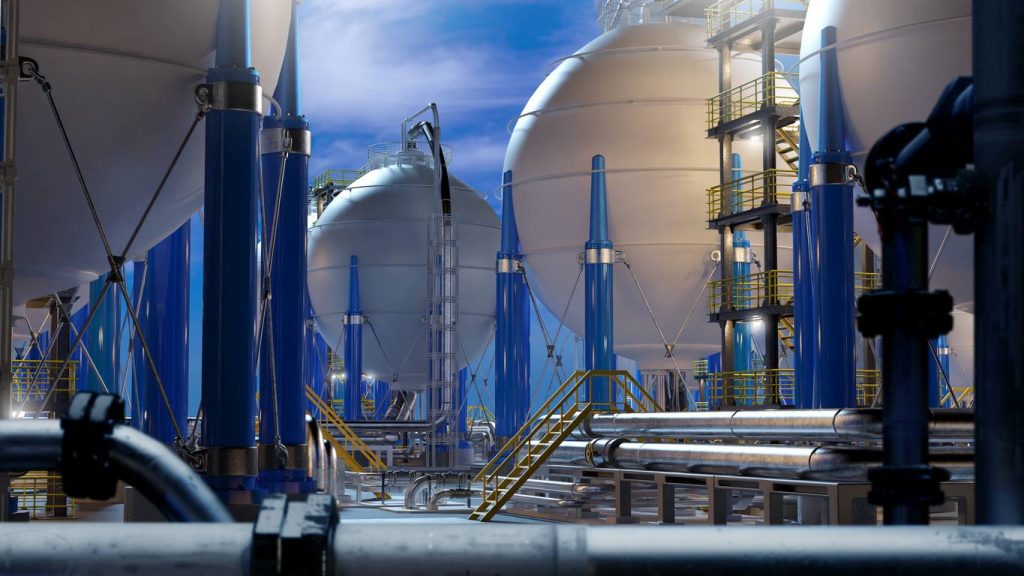
Hyundai is also exploring battery production and has signed supply deals for lithium hydroxide to support both hydrogen and EV batteries. Further expansion into hydrogen production includes partnerships with Indonesia’s Pertamina and upcoming hydrogen-fueled vehicle launches aimed at the U.S. market.
Feel free to contact us any time if you need assistance or have any questions regarding Korean certifications like KC, KC EMC, KCs, KCs for explosion safety products or KGS factory registration.
Tel. Europe: +49-69-271 37 69 261
Tel. US: +1 773 654-2673
Email: info@korea-certification.com For more information you can download our free brochure “Korea Certification Made Easy – The Booklet
SK Energy’s Gas CHP System to Cut Emissions and Boost Efficiency at Ulsan Complex
SK Energy Co., a subsidiary of SK Innovation Co., has introduced a new gas combined heat power (CHP) system at its Ulsan Complex (Ulsan CLX) in South Korea, aiming to lower its carbon footprint. The system, designed with proprietary technology in 2019, replaces a discontinued power boiler and is expected to reduce annual carbon dioxide emissions by 48,000 tons. Additionally, the company estimates energy cost savings of 19.1 billion won ($1.4 million) each year through the operation of the CHP. Power boilers used for the operation of refineries and chemical plants generally require KGS certification in order to be approved for import and sale in Korea.
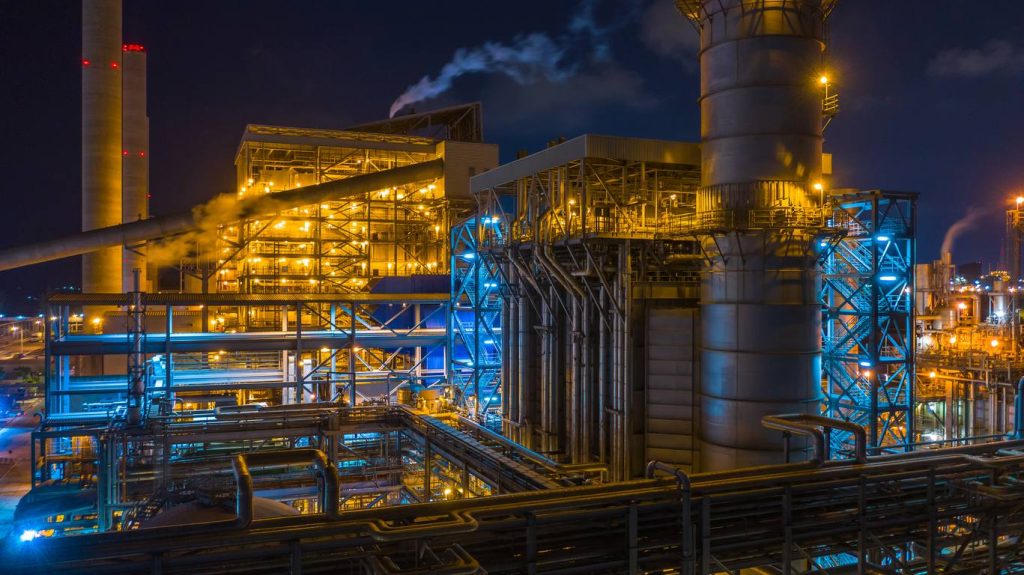
The gas CHP system optimizes energy efficiency by capturing heat from gas engine exhaust to run the power boiler, decreasing reliance on liquefied natural gas (LNG) as a fuel. The revived boiler, known as B101, was first installed in 1971 and decommissioned due to inefficiency. Now operational with CHP technology, the system generates 75.6 gigawatt hours (GWh) of electricity annually, securing stable power for Ulsan CLX. This development is part of SK Group’s broader investment strategy to transform Ulsan into an eco-friendly, smart industrial hub with a budget of 8 trillion won ($5.8 billion).
Feel free to contact us any time if you need assistance or have any questions regarding Korean certifications like KC, KC EMC, KCs, KCs for explosion safety products or KGS factory registration.
Tel. Europe: +49-69-271 37 69 261
Tel. US: +1 773 654-2673
Email: info@korea-certification.com For more information you can download our free brochure “Korea Certification Made Easy – The Booklet
Commercial Vehicle Plant in Korea switches to H2-powered Trucks and Buses
Hyundai Motor Co. plans to convert its Jeonju commercial vehicle plant into a center for producing hydrogen-powered trucks and buses. This shift comes as the company faces increasing competition from Chinese and European electric vehicles. The plant, located in North Jeolla Province, currently manufactures electric buses, such as the County EV, alongside hydrogen-powered vehicles and mid-size trucks. The upgrade aims to boost the plant’s operating rate, which has remained at about 40%, even though it has an annual production capacity of 100,000 vehicles. Hyundai expects this transition to significantly increase hydrogen vehicle production. Hydrogen-related products like pressure vessels usually require KGS certification in order to be approved for import and sale in Korea.
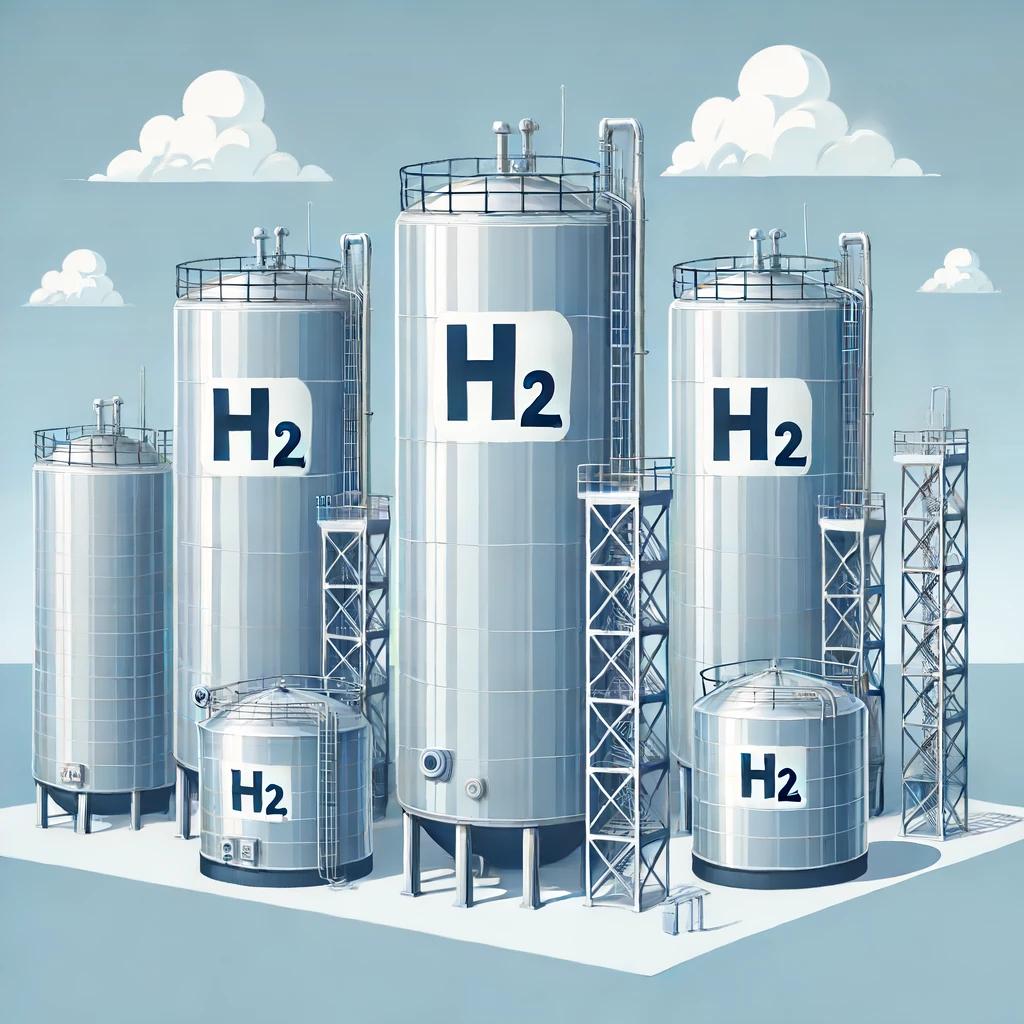
The Jeonju plant has already ramped up production of hydrogen fuel cell buses to 3,100 units annually, from 500 the previous year. This year, the factory will begin manufacturing hydrogen-powered trucks, refrigerated vehicles, and tractors based on Hyundai’s Xcient model. By 2027, it plans to develop new hydrogen-powered express and metropolitan shuttle buses. The decision comes amid aggressive competition from Chinese and European vehicle manufacturers, which have gained a significant share of the Korean market for large electric buses and imported trucks.
Feel free to contact us any time if you need assistance or have any questions regarding Korean certifications like KC, KC EMC, KCs, KCs for explosion safety products or KGS factory registration.
Tel. Europe: +49-69-271 37 69 261
Tel. US: +1 773 654-2673
Email: info@korea-certification.com
For more information you can download our free brochure “Korea Certification Made Easy – The Booklet“.
SK hynix invests over 77 Bil Dollar in AI and HBM Semiconductor Market
SK hynix has announced a significant investment plan of 103 trillion won (approximately $7.63 billion) over the next five years to strengthen its position in the semiconductor market, particularly in the field of High Bandwidth Memory (HBM). This initiative focuses on advancing next-generation memory technologies and expanding production capacity to meet the growing demand in the artificial intelligence (AI) sector. The investment reflects SK hynix’s commitment to maintaining leadership in the AI semiconductor ecosystem. Products and components relevant to production equipment for semiconductor production usually require KCs Certification in order to be approved for import and sale in Korea.
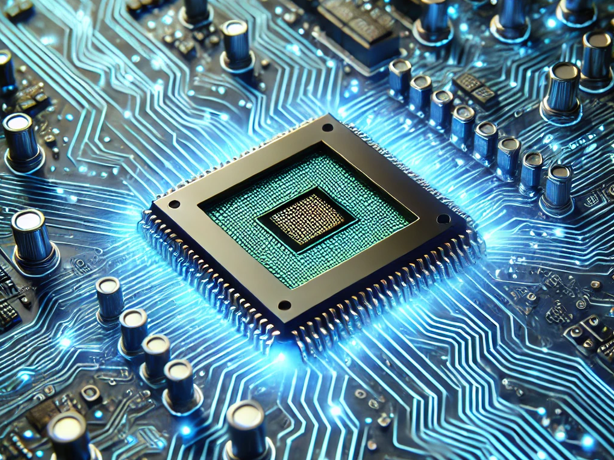
The investment, unveiled during a management strategy meeting in Icheon, Gyeonggi Province, will see around 80% of the funds allocated to AI-related sectors, especially HBM memory. This expansion is critical as the market for AI and memory semiconductors, though currently small, is projected to experience exponential growth in the coming years.
Key facilities under construction, such as the Yongin semiconductor cluster and the M15X in Cheongju, along with an advanced packaging factory in Indiana, U.S., are expected to bolster SK hynix’s production capabilities and solidify its dominance in the global memory market.
Feel free to contact us any time if you need assistance or have any questions regarding Korean certifications like KC, KC EMC, KCs, KCs for explosion safety products or KGS factory registration.
Tel. Europe: +49-69-271 37 69 261
Tel. US: +1 773 654-2673
Email: info@korea-certification.com
For more information you can download our free brochure “Korea Certification Made Easy – The Booklet“.
HD Hyundai XiteSolution Deploys Korea’s Largest Hydrogen Forklifts
South Korea’s HD Hyundai XiteSolution has recently introduced four 5-ton hydrogen forklifts at Korea Zinc Inc.’s Onsan Refinery. These forklifts will be utilized to collect data on their performance and durability in real-world conditions. Notably, these are the largest hydrogen-powered forklifts currently deployed at any logistics site in the country. With a loading capacity 1.7 times greater than the 3-ton models from other domestic manufacturers, these forklifts are particularly well-suited for heavy-duty tasks in locations such as ports and logistics centers. Hydrogen-related products like pressure vessels usually require KGS registration in order to be approved for import and sale in Korea.
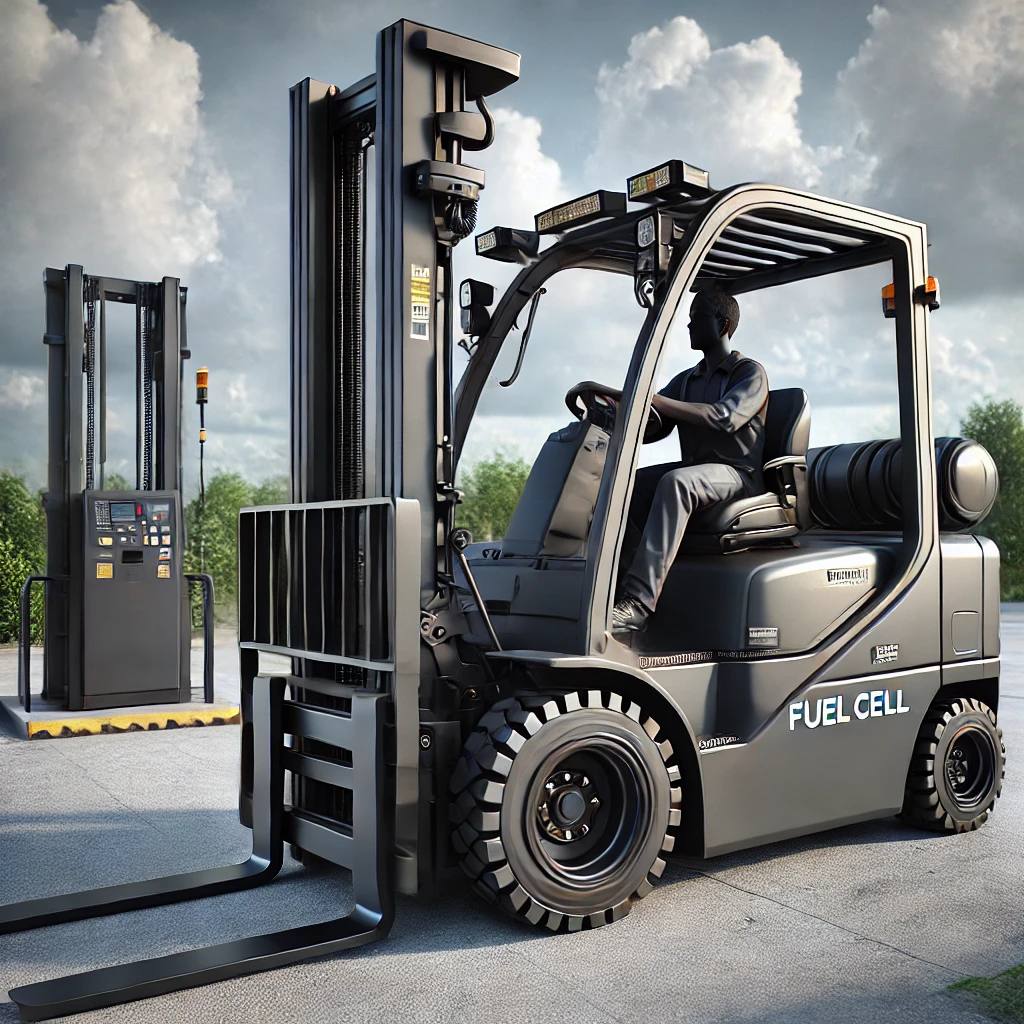
The forklifts are powered by a hydrogen fuel cell power pack with a 50kW capacity, allowing for a full charge in just 5 minutes and up to 5 hours of operation. This makes them more efficient than electric battery forklifts, which require 4-6 hours of charging. Additionally, they are capable of functioning in extreme temperatures, ranging from -30°C to 60°C. HD Hyundai XiteSolution is positioning itself to lead the market for large hydrogen forklifts, projecting that the hydrogen forklift market will expand more rapidly than the general hydrogen vehicle market. According to research cited by the company, the global hydrogen fuel cell forklift market was valued at $377 million in 2023 and is expected to grow to $2.255 billion by 2030.
Feel free to contact us any time if you need assistance or have any questions regarding Korean certifications like KC, KC EMC, KCs, KCs for explosion safety products or KGS factory registration.
Tel. Europe: +49-69-271 37 69 261
Tel. US: +1 773 654-2673
Email: info@korea-certification.com
For more information you can download our free brochure “Korea Certification Made Easy – The Booklet“.
POSCO transitions to Hydrogen-based Steel Production in Korea
POSCO, one of the world’s largest steelmakers, is advancing its carbon neutrality goals by transitioning to hydrogen-based steelmaking. The company has introduced a pilot facility that utilizes hydrogen instead of fossil fuels in the steel production process, significantly reducing carbon emissions. This facility, located at the Pohang Steel Works, produces up to 24 tons of molten iron per day with much lower emissions compared to traditional methods. As POSCO continues to innovate and expand its hydrogen reduction steelmaking capabilities, the company is addressing key challenges such as production costs and power supply needs. Hydrogen pressure vessels typically require KGS certification in order to be approved for import and sale in Korea.

POSCO’s long-term vision includes producing 2.5 million tons of steel by 2040 using only hydrogen, with full commercialization of the technology by 2030. Hydrogen pressure vessels typically require KGS certification in order to be approved for import and sale in Korea.
Feel free to contact us any time if you need assistance or have any questions regarding Korean certifications like KC, KC EMC, KCs, KCs for explosion safety products or KGS factory registration.
Tel. Europe: +49-69-271 37 69 261
Tel. US: +1 773 654-2673
Email: info@korea-certification.com
For more information you can download our free brochure “Korea Certification Made Easy – The Booklet“.
LS Materials unveils new Ultra Capacitor
LS Materials has launched CellDule, the world’s first “cell module integrated” ultracapacitor, which was unveiled at PCIM Europe 2024 in Germany. This innovation aims to eliminate the traditional cell packaging process by connecting electricity-storing components directly to a module, reducing volume and weight by over 30%, increasing energy density and halving the production process. Ultra capacitors, which are known for their fast charge/discharge capabilities and long life, are expected to see significant market growth, with CellDule expected to outperform existing products due to its efficiency. Electrical components usually require KC Safety certification in order to be approved for import and distribution in Korea.
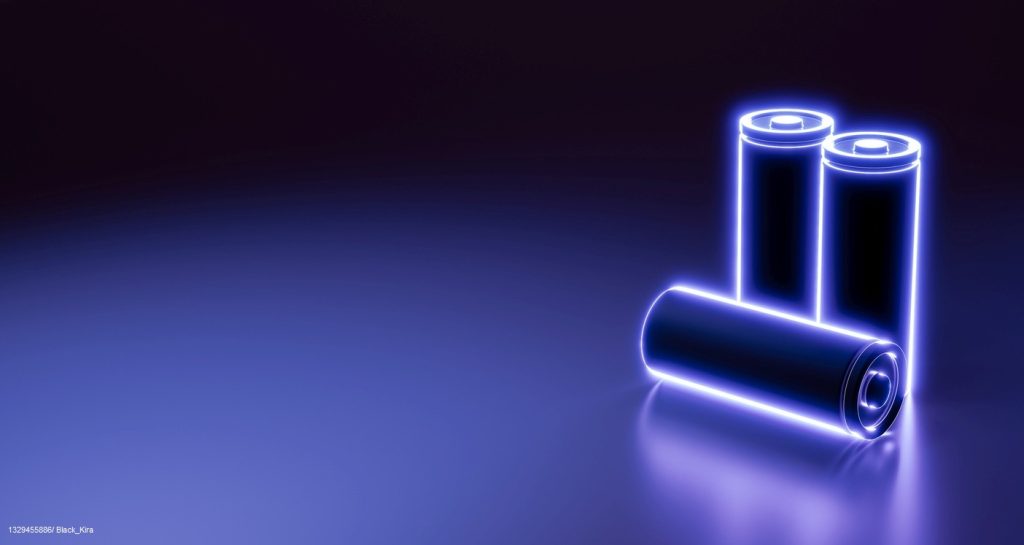
CellDule is intended to be used in auxiliary batteries for automobiles and other applications such as robots, wind turbine generators, UPS systems and energy storage systems. The importance of the product was highlighted at PCIM Europe 2024, where it attracted attention and highlighted its potential impact on the industry. LS Materials aims to capitalize on the growing global ultracapacitors market by expanding its market presence and promoting its advanced technology.
Feel free to contact us any time if you need assistance or have any questions regarding Korean certifications like KC, KC EMC, KCs, KCs for explosion safety products or KGS factory registration.
Tel. Europe: +49-69-271 37 69 261
Tel. US: +1 773 654-2673
Email: info@korea-certification.com
For more information you can download our free brochure “Korea Certification Made Easy – The Booklet“.
Samsung’s new bespoke AI Hybrid Refrigerator sets Efficiency Benchmark
Samsung Electronics has announced the launch of the Bespoke AI Hybrid refrigerator, featuring an innovative hybrid cooling system, a first in South Korea. This system aims to significantly reduce electricity consumption, potentially saving up to 28,000 won annually on electric bills. Home appliances require KC safety certification to be approved for import and sale in Korea.
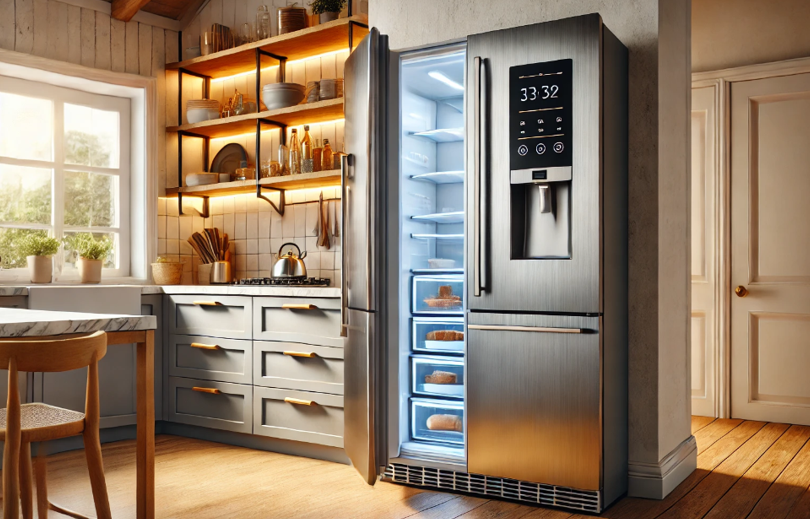
The Bespoke AI Hybrid refrigerator surpasses the highest domestic energy efficiency rating by 30%, thanks to its unique dual-power source. This system combines an AI inverter compressor with a Peltier device, which activates as a supplementary power source when additional cooling is needed. The Peltier device operates by passing an electric current through two different semiconductors, efficiently cooling without refrigerants. Enhanced compressor technologies and the AI Save Mode optimize energy usage, with potential savings of up to 25%. The integration of the Peltier device has also increased internal capacity by 25 liters.
Feel free to contact us any time if you need assistance or have any questions regarding Korean certifications like KC, KC EMC, KCs, KCs for explosion safety products or KGS factory registration.
Tel. Europe: +49-69-271 37 69 261
Tel. US: +1 773 654-2673
Email: info@korea-certification.com
For more information you can download our free brochure “Korea Certification Made Easy – The Booklet“.
Kukdong Oil & Chemicals to Build South Korea’s Largest Hydrogen Production Facility in Ulsan
South Korea’s Kukdong Oil & Chemicals Co. has announced plans to build the nation’s largest hydrogen gas production facility in Ulsan, aiming to enhance its role in the renewable energy sector. The facility, a venture by K&D Energen Co., a joint project between Kukdong and Deokyang Energen Corp., is slated for completion in May 2026. Pressure vessels and other equipment relevant to hydrogen gas production usually require KGS registration, the primary Korea hydrogen certification, in order to be approved for import and sale in Korea.

The hydrogen production plant will have a capacity of 92,000 normal cubic meters per hour (8,280 kg) and involves an investment of approximately 218.5 billion won ($157 million). Located at the Onsan National Industrial Complex in Ulsan, the hydrogen produced will mainly supply S-Oil’s Shaheen Project, which focuses on high-value-added petrochemical production within the complex. Kukdong Oil & Chemicals is shifting from its 40-year history in industrial lubricants and fuel sales towards renewable energy. This move aligns with global trends emphasizing eco-friendly energy sources and will strengthen South Korea’s position in the hydrogen energy sector. The success of the project hinges on the adoption of advanced technologies, supportive regulatory frameworks, and government incentives, as well as the environmental management of the production process.
Feel free to contact us any time if you need assistance or have any questions regarding Korean certifications like KC, KC EMC, KCs, KCs for explosion safety products or KGS factory registration.
Tel. Europe: +49-69-271 37 69 261
Tel. US: +1 773 654-2673
Email: info@korea-certification.com For more information you can download our free brochure “Korea Certification Made Easy – The Booklet
South Korea unveils Support Plan to boost Semiconductor Ecosystem
South Korea has unveiled a comprehensive support plan aimed at bolstering its semiconductor ecosystem, announced at the recent Economic Ministers’ Meeting. This initiative is designed to enhance the country’s competitiveness in the global semiconductor market, building on a previously outlined support direction of 26 trillion won. Products and components relevant to semiconductors and related products usually require KCs certification in order to be approved for import and sale in Korea.

Key elements of the plan include the launch of an 18.1 trillion won financial support program for semiconductor companies starting next month. By 2027, the government aims to invest up to 2 trillion won into the Korea Development Bank, establishing a 17 trillion won low-interest loan program. Large companies will benefit from preferential interest rates between 0.8-1.0%, while SMEs will receive rates between 1.2-1.5%. Additionally, a new semiconductor ecosystem fund will be created, expanding to 1.1 trillion won by 2027, with equity investments in materials, parts, and fabless companies beginning next month.
Further measures include extending the national strategic technology tax credit application period by three years and expanding its scope to include advanced semiconductor technologies. From 2025 to 2027, 5 trillion won will be invested in R&D, commercialization, and workforce development. Infrastructure improvements, such as roads, water supply, and electricity for semiconductor clusters, will be prioritized. The government’s extensive investment underscores the strategic importance of the semiconductor industry for national security and economic growth.
Feel free to contact us any time if you need assistance or have any questions regarding Korean certifications like KC, KC EMC, KCs, KCs for explosion safety products or KGS factory registration.
Tel. Europe: +49-69-271 37 69 261
Tel. US: +1 773 654-2673
Email: info@korea-certification.com
For more information you can download our free brochure “Korea Certification Made Easy – The Booklet“.



